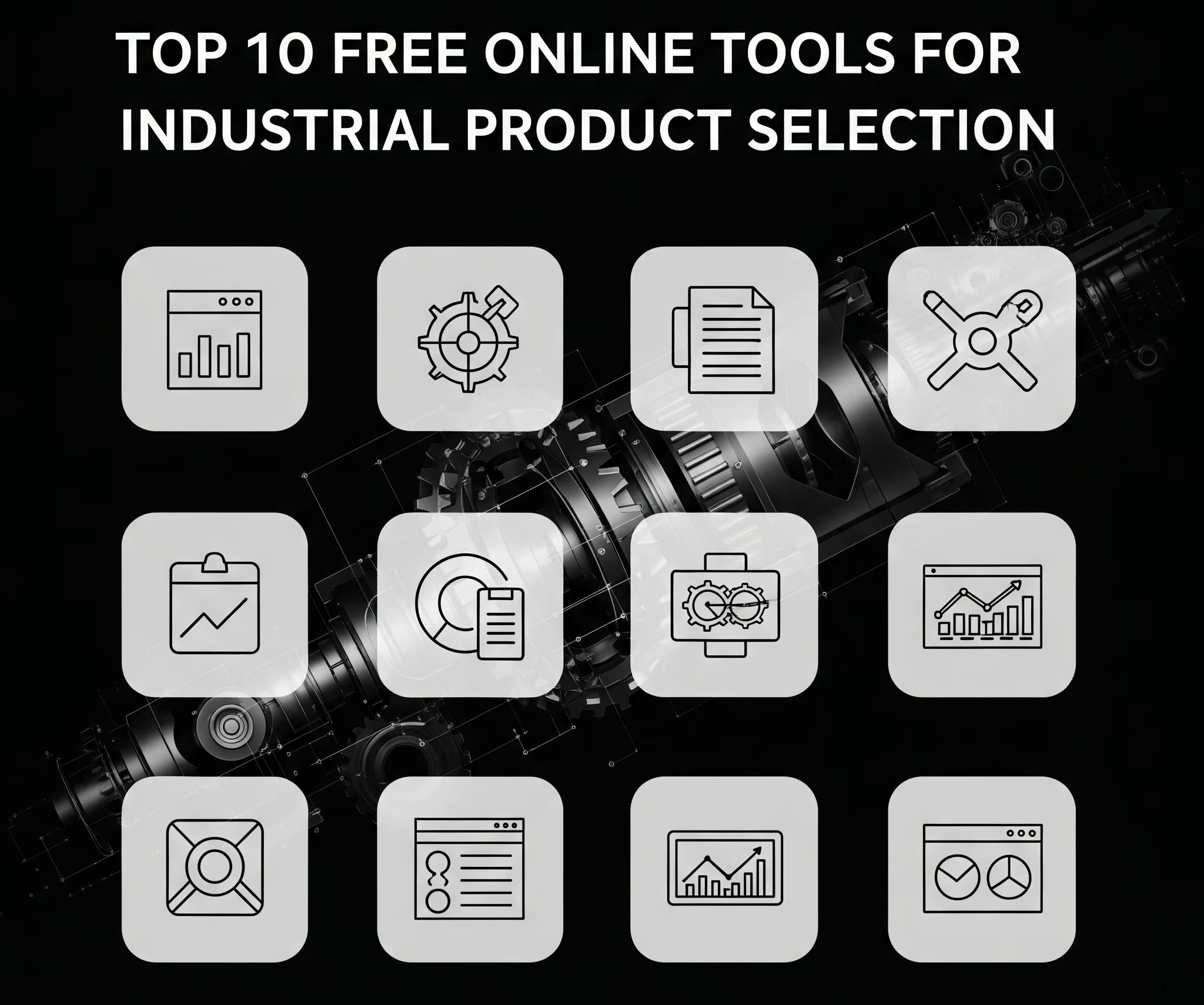Let’s be honest — most of us have tried starting something at least once.
A startup, a side hustle, a bold idea… something we believed would work.
But often, just a few months in — it fizzles out.
And then the questions begin:
“I had a solid idea.”
“I worked hard.”
“Why didn’t it take off?”
Sometimes the timing is off.
Sometimes we miss what the market actually wants.
And other times, we stop listening to the very people we built it for.
We begin to wonder —
“Was this idea ever really meant for the market?”
But here’s what I’ve learned:
A great idea is not enough. What really matters is:
- Launching at the right time
- Truly understanding your users
- And being willing to adjust fast
I didn’t learn this from a business book or a TED talk.
I learned it from a chaiwala on a train.
🚀 Startup Ki Kahani: Real Strategy from a Real Chai wala
So, I was on this train journey. Pretty regular day.
At one station, a chaiwala hops into our coach with his steel kettle and paper cups. He quietly takes a seat across from me and starts chatting with the pantry guys.
One of them says,
“Bhai, the train’s moving now. Go make tea, start selling!”
And the chaiwala just smiles and says,
“The train just started. People don’t want tea right now. I’ll wait until we’re a few stations in.”
And that one sentence hit me like a masterclass in startup strategy.
He wasn’t just selling tea. He understood his market better than most founders do.
☕ 5 Startup Lessons I Learned from a Train Chai Wala
He knew that travelers don’t usually crave tea right after boarding. They settle in first.
Same with startups — people need to be ready for what you’re offering.
Do this:
- Talk to people before you build
- Understand their behavior and habits
- Study trends, check forums, run polls
💡 You’re not just launching a product. You’re solving a problem.
If that chaiwala had started shouting “Chai! Chai!” right as the train moved, nobody would care.
He waited for the perfect moment.
You might have a genius idea — but if the market isn’t ready, it won’t work.
Timing tip:
- Look at market readiness
- Consider seasonality (festivals, trends, local events)
- Know when your user needs you the most
He knew this route. He knew which stations brought the most tea orders.
Big cities, small towns — every market is different.
Just like users in Delhi vs. Dehradun. Same product, different expectations.
💡 Lesson: Don’t copy-paste strategies. Know your niche. Adapt your pricing, features, and tone accordingly.
The chaiwala didn’t panic or force the sale.
He read the room, stayed calm, and changed his strategy.
As founders, we need that too. Your first plan won’t always work.
💡Modern mantra: Fail fast → Learn fast → Pivot smart
Don’t be rigid with your roadmap. Listen, adapt, move.
He didn’t rush. He trusted his instinct, sat down, and waited.
So many of us quit too early, just before it could’ve worked.
If you truly believe in what you’re building — give it time.
Results take longer than Instagram makes it seem.
💡Keep going. That’s half the battle.

❌ Why Most Startups Fail ?
Let’s get real. Here are the biggest killers:
- No real plan – Vision’s good, but you need a roadmap
- No money – Lack of funding limits your moves
- Poor execution – Ideas are easy. Delivery is hard
- No UVP – If you're not different, you're just noise
- No customer feedback loop – If you’re not listening, you’re guessing
💡You don’t need to have it perfect. You need to listen, adjust, and stay consistent.
✔ Learn from the Chaiwala
Startups aren’t just about pitch decks, code, and hustle.
They’re about understanding timing, people, and patterns.
That chaiwala didn’t have an MBA.
But in that one decision — to wait before selling — he showed more business wisdom than some VC-funded startups
👉 So next time you feel stuck, burned out, or unsure about your next move —
remember the chaiwala.
He didn’t rush.
He waited.
And when the time was right — he sold more tea than anyone else on that train.
💬 Your Turn
Ever had a similar experience that taught you something real about business or life?
Drop it in the comments. I’d love to read your story.
And if this resonated — share it with someone who’s building something.
It might just be the perspective shift they need. 🚀




